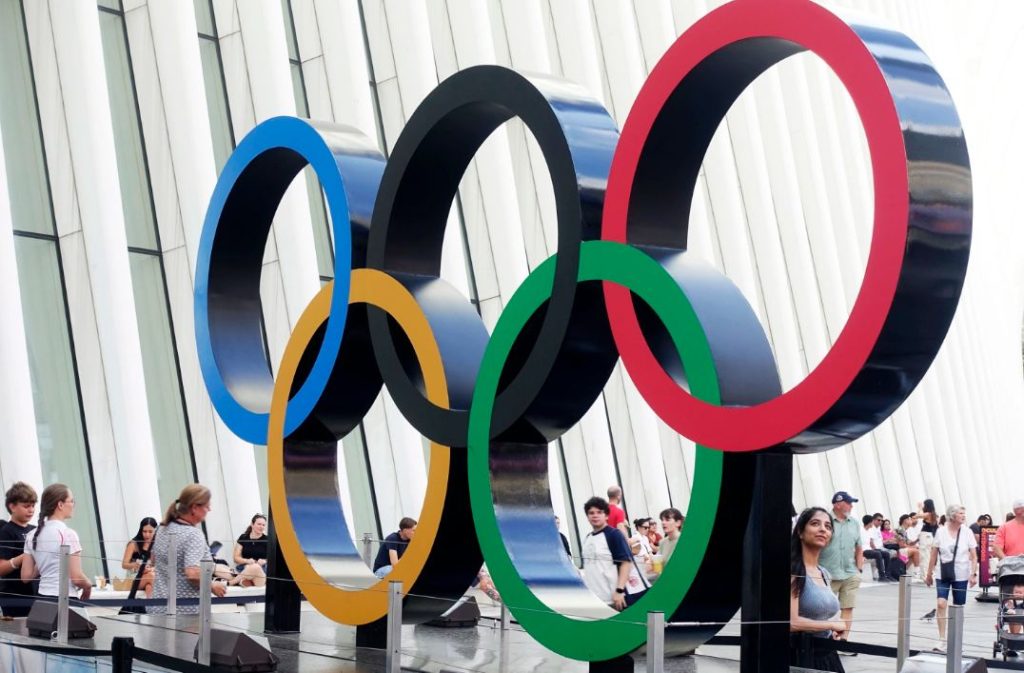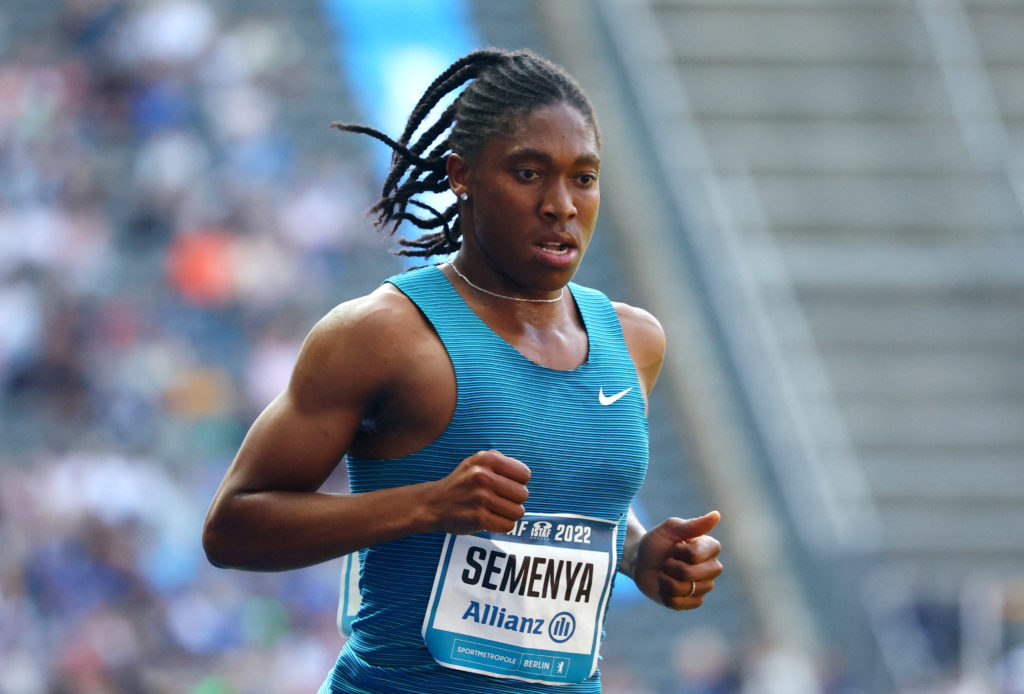The world of elite sport is bracing for a major policy change: the upcoming summer edition of the Olympics appears likely to ban all transgender women from competing in female-designated events. The governing body of the Olympic movement is reported to have concluded a science-based review and is preparing to enforce a gender-eligibility rule that excludes athletes who transitioned from male to female or who experienced male puberty. Under the proposed framework, the 2028 Games in Los Angeles would mark the first time this full exclusion takes effect.
Reasoning and Justification
The stated purpose of the policy is to safeguard the “female category” in sport—defined as those who were born biologically female and did not undergo male-puberty. Supporters of the change argue that physiological differences stemming from male puberty (such as bone structure, muscle mass and haemoglobin levels) pose a fairness issue in women’s competition. This view is grounded in the belief that maintaining separate sexes in sport preserves meaningful competition and opportunity for women. According to reports, the decision follows the commissioning of a scientific review earlier this year to assess transgender-inclusion and fairness in women’s sport.

What the Rule Would Entail
Under the emerging guidelines, any athlete who has undergone male puberty would be ineligible to participate in the female category. Instead, transgender women, non-binary athletes who transitioned from male to female, and anyone assigned male at birth and who progressed beyond a certain developmental stage would be directed to alternative categories or barred from the women’s discipline. National sporting bodies will be asked to update their eligibility rules accordingly. The intent is to standardise policy across all Olympic sports disciplines ahead of the 2028 Summer Games.
Reactions and Consequences
This proposed rule has drawn strong reactions from across the sporting and civil-society landscapes. Advocates for transgender inclusion criticise the policy as discriminatory and damaging to transgender persons’ rights and dignity. They argue that participation in sport is a matter of individual identity and human rights, and that blanket exclusions fail to consider individual circumstances or levels of hormone therapy. On the other side, many athletes, coaches and women’s advocacy groups have expressed relief that a clear framework is emerging—one they believe will restore clarity and fairness in the competitive environment for female athletes.
Implementation Challenges
Putting the policy into practice presents several challenges. First, sports federations must define the technical criteria for eligibility: how male puberty is determined, what documentation athletes must provide, and how to monitor compliance across hundreds of sports and thousands of athletes worldwide. Second, legal and ethical implications loom large. The new rule may face strong legal challenges under human-rights, anti-discrimination or equality law in different jurisdictions. Third, there is the question of transitional arrangements: athletes currently competing under older guidelines may be affected, and their rights and records will need careful handling.

Looking Ahead
As the countdown to the 2028 Games continues, national Olympic committees, sports federations and athlete support organisations are now tasked with implementing the forthcoming eligibility rules. For transgender athletes, the window for participation in the female category may be closing—or already closed—depending on their history. For the broader sporting community, this move marks one of the most significant governance shifts in recent Olympic history, touching on fairness, identity, inclusion, and the purpose of gender-specific competition. How sport reconciles these complex issues in the years to come will likely shape participation policy far beyond a single Olympic cycle.

















